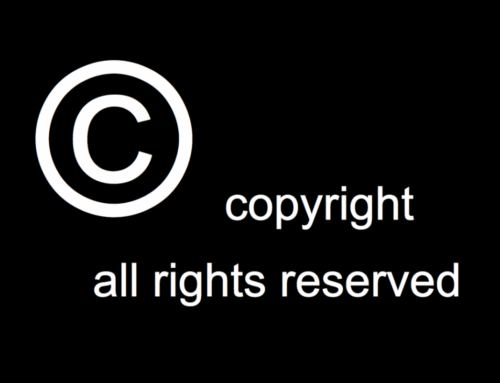There are a number of reasons an employer might need to conduct a workplace investigation. For example, an employee may complain about workplace discrimination, harassment, violence, or bullying, or an employee may be suspected of wrongdoing, such as theft, drinking on the job, or misappropriation of confidential information.
Confidentiality
While an employer can (and should) keep investigation-related information confidential as much as reasonably possible, employers cannot legally restrict employees from disclosing information during the investigation. By law, employees have the right to discuss terms and conditions of employment.
Rather, the employer can encourage employees to maintain confidentiality and explain why maintaining confidentiality during the course of the investigation is a good thing. For example, if the information is disclosed too early, a wrongdoer may destroy evidence or try to influence the testimony of witnesses.
Who Will Investigate?
An employer should always select an investigator that has no stake in the outcome of the investigation, comes across as objective, and actually is unbiased. That person should also have a basic knowledge of the applicable laws and good attention to detail.
In addition, the investigator should have the right temperament and skills to conduct interviews and build rapport with the involved parties, including the accuser, the accused, and witnesses. Finally, the investigator should be well respected and have the ability to serve as a credible witness in any litigation.
An investigator might be in-house (for example, HR staff) or an outside party. The employer should also consider having a team of investigators rather than one person handling the entire investigation.
Investigation Policies
A general investigation framework should be developed before any problems arise.
This should include, among other things, how you’ll determine when an investigation is appropriate; when law enforcement will be involved; how an investigator or investigation team will be selected; the timelines for beginning, conducting, and concluding an investigation; general procedures for conducting the investigation; how the investigation will be documented; and possible outcomes of the investigation (e.g., disciplinary action, formal apology, increased supervision, training).
Your investigation policy should make clear that it can be modified at any time, and that it will be modified for a particular investigation as appropriate given the specific circumstances. A simplified version of the policy should be distributed to all employees.
Following the same general procedure for each investigation improves consistency and, therefore, both actual and perceived objectivity. It also means that employees have some idea of what to expect as the investigation unfolds, which may reduce anxiety.
Once a problem does occur, the employer should create a detailed plan applicable to the specific situation, including an outline of the issues to be investigated, a witness list, sources for information and evidence, and interview questions.
After the investigation has been completed and a decision made, you will need to notify the relevant parties of the decision and take any appropriate corrective action.
Because a lawsuit or administrative complaint could be filed by an employee who is unhappy with the resolution, be sure you prepare a final report, including copies of all evidence and documentation of interviews.
You’ll want to show that you took the situation seriously, responded as quickly as possible, investigated the situation appropriately, and had a good-faith basis for the actions you took.
*****
Whether you are an employee or an employer, please feel free to contact us if you have any questions about the above or any other employment-law issues.
For more information about employment law, see Employment Law (in Plain English)®, co-authored by members of this law firm.
The book is available through Skyhorse Publishing, Amazon, Barnes & Noble, Powell’s Books, and Bookshop (an online bookstore that allows you to support your favorite independently owned bookstore).
Photo by Tim Gouw on Unsplash






